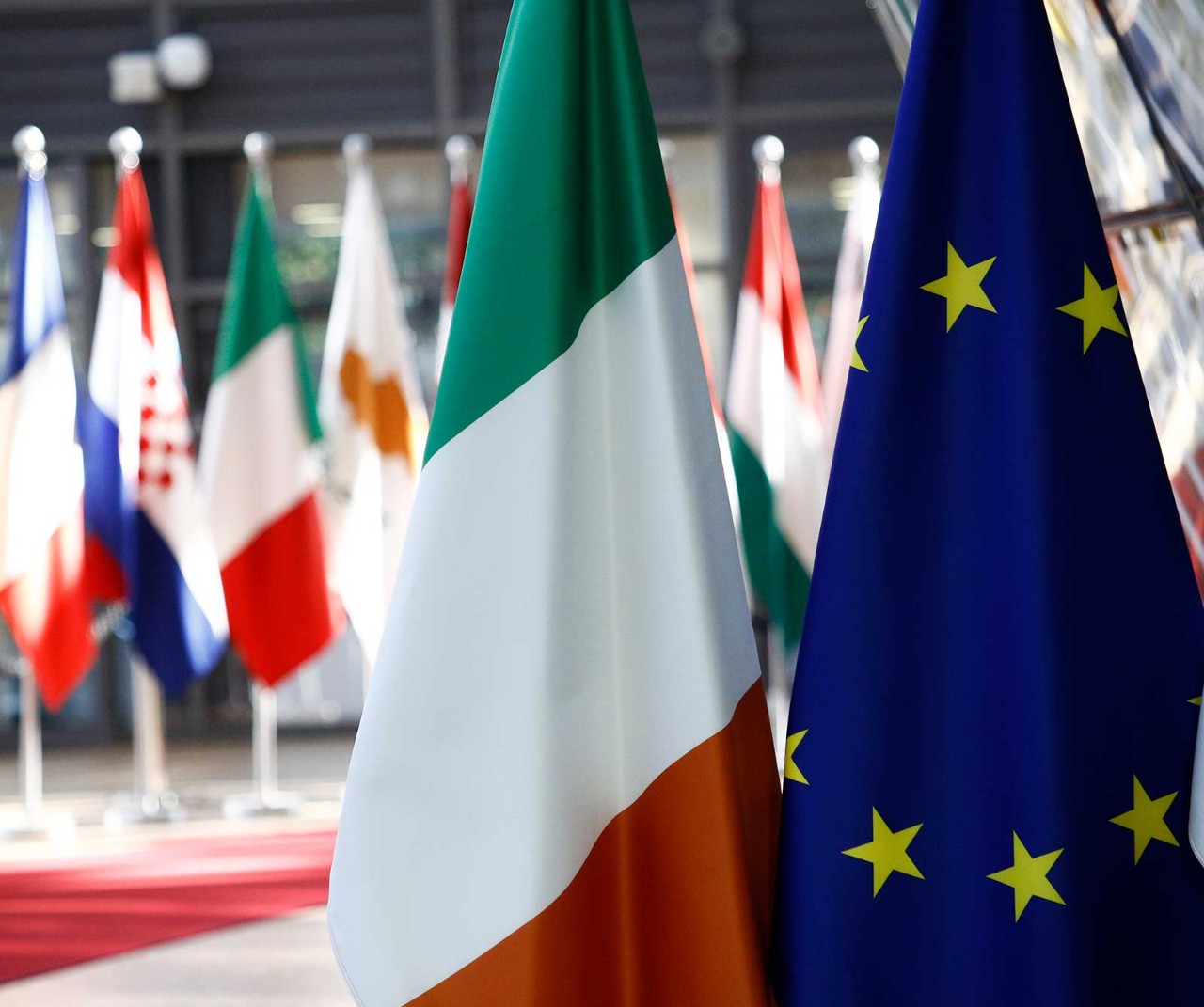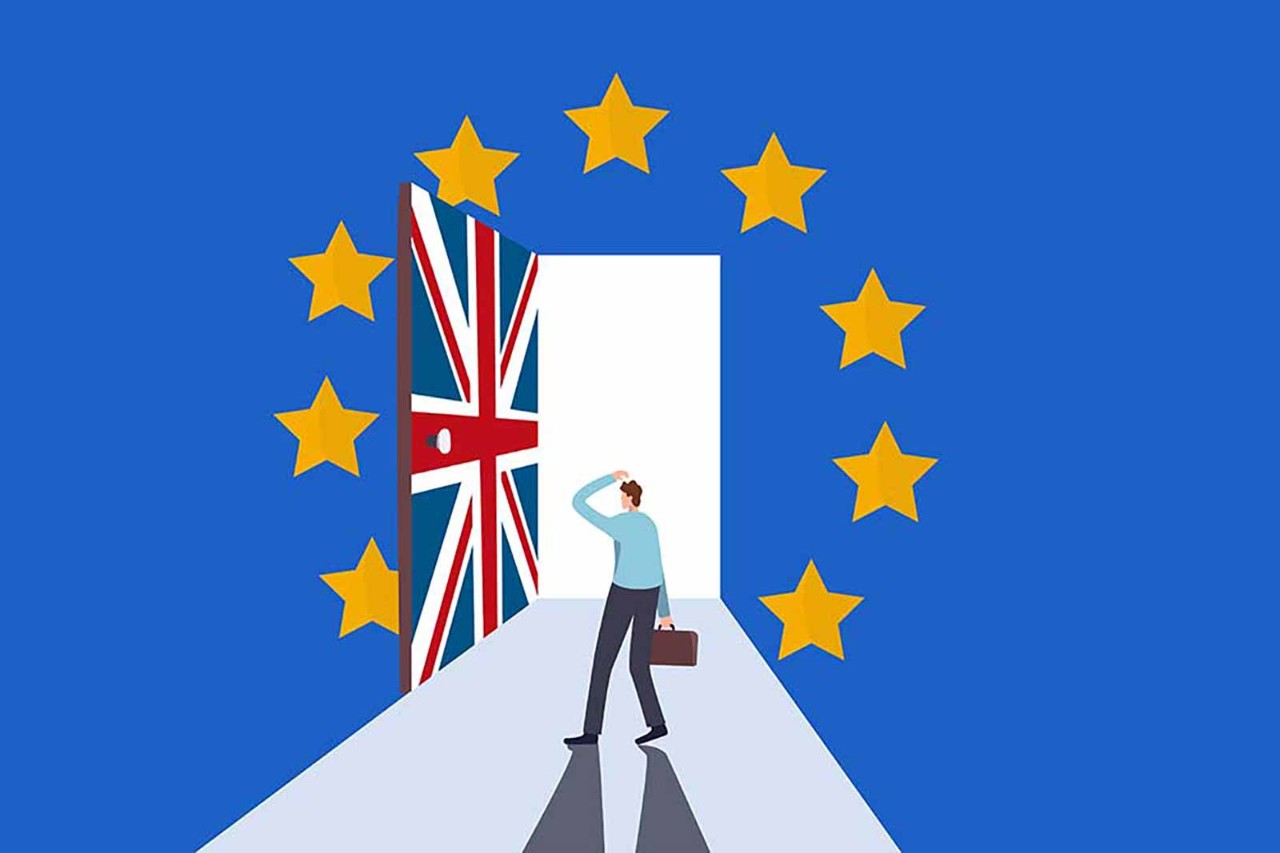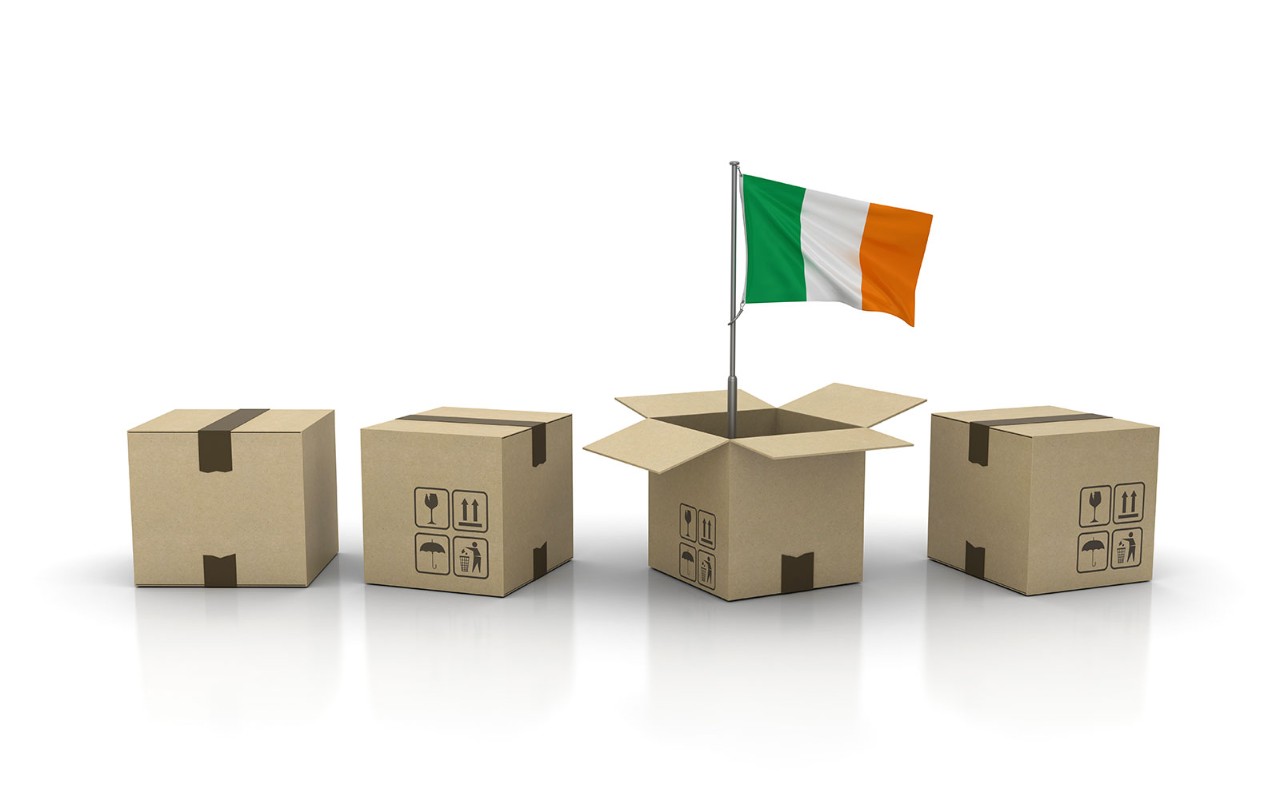
Attempting to make predictions and engaging in a bit of crystal ball gazing around this time of year is normal. However, as 2020 proved, even the most short-term forecasts go out the window when a pandemic strikes. Indeed, such has been the global shock of Covid-19 that it may even be foolhardy to attempt to assess where we are now, let alone what may happen in 2021.
As we begin the year in another lockdown and with rising case numbers, it may be difficult to see any slivers of light among the darkness. However, on a number of fronts there are a few reasons to be optimistic that if this wave of the virus can be overcome by the latter half of 2021 through the rollout of vaccines, we may see the global economy bounce back strongly.
For all the jaw-dropping falls in economic output the lockdowns have caused, it is worth while remembering that the lifting of restrictions has been followed by equally impressive recovery. This is down to policy choices to protect incomes and businesses by huge government spending, ensuring that the parts of the economy worst affected by lockdowns have been shielded.
This marks the shift between now and a decade ago to the last great economic crisis, and why there are grounds to be confident that a recovery – if not quite a Roaring Twenties-style boom – will happen.
In Europe it will be driven by the €750bn recovery fund and by the fact that the income of many people has been unaffected by the pandemic. It has led to a surge in household savings. This wall of money will be released at some point in 2021 and reflate the economy. The pent-up demand to spend will provide a boost to the retail, leisure, hospitality and tourism sectors.

If this wave of the virus can be overcome by the latter half of 2021 through vaccines, the global economy could bounce back strongly
A different world?
The phrase ‘new normal’ has been used increasingly to describe how we’ll live in a post-Covid world, with less travel for business and leisure, fewer of us working in offices, and less socialising in bars and restaurants. I believe some of these changes will be only temporary, and that we’ll revert to pre-Covid patterns of living and working.
I believe that hospitality will bounce back in 2021, as will international leisure travel. Schemes such as the UK’s ‘eat out to help out’ have shown that people still like to socialise. Airlines and hotels will stimulate demand for travel with massive price discounting.
In the case of reduced business travel and working from home, it is clear this will become a more normal part of life. However, I’m not convinced about the death of offices. There are too many benefits from centralised physical locations and experiences that cannot be replicated by video calls.
A number of major landlords have told me that repurposing offices will be a theme for them. The addition of more breakout and event spaces will allow companies to safely accommodate employees who want to meet. I expect many of the vacant buildings that were once home to retailers to be converted to residential use to meet the demand to live in city centre locations.
There is one clear trend from the pandemic that will accelerate rather than reverse, and that is the move to digital. Whether it is our use of technology to allow seamless working from home, productivity rises driven by data exploitation, or the explosion of online retail, it is clear that a revolution has taken place and will continue at pace.
Difficult as it may seem now amid the latest lockdown in the fight against Covid-19, a successful vaccine rollout coupled with the policy actions taken to protect the economy may speed up the recovery from autumn this year.




